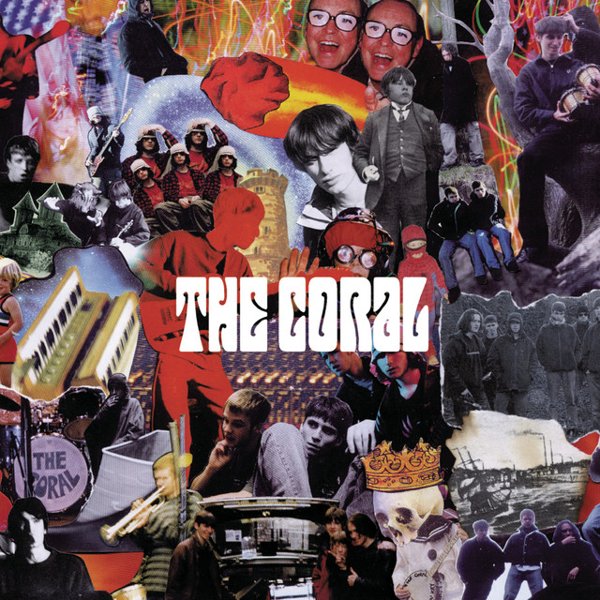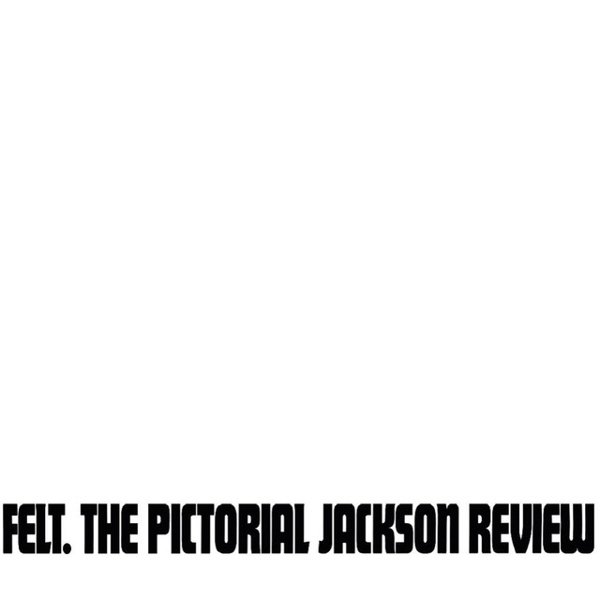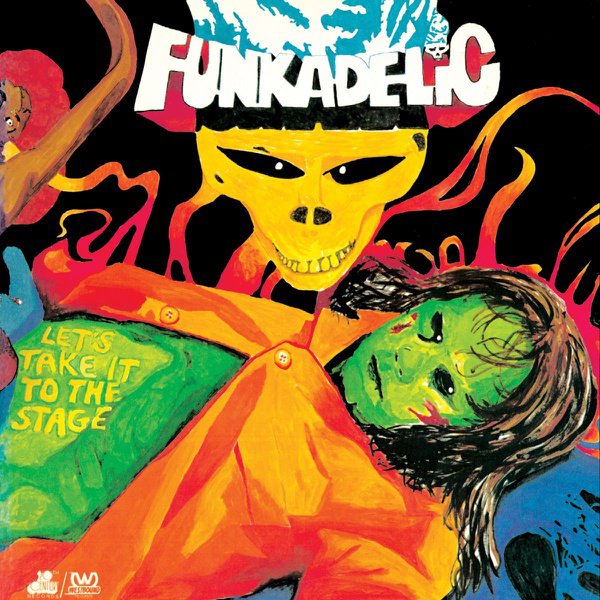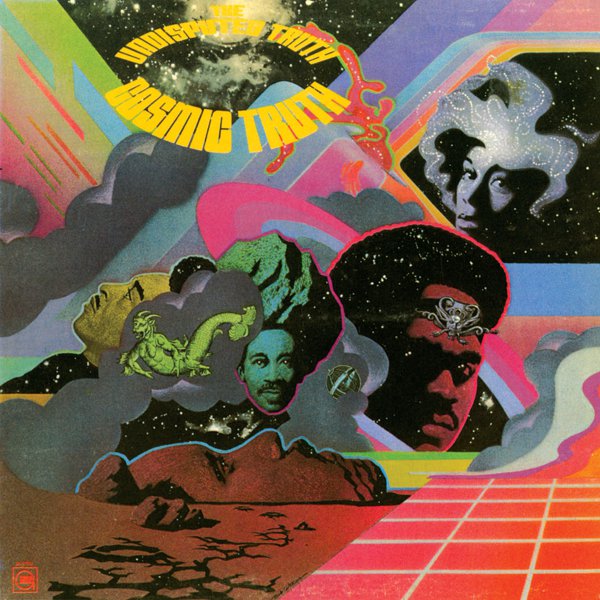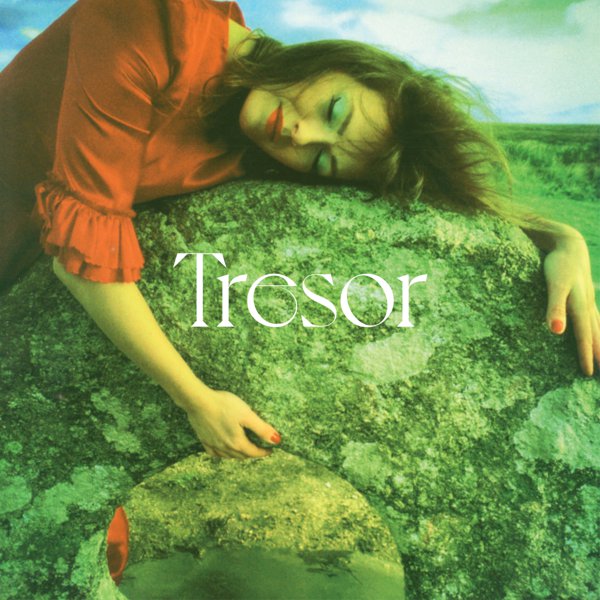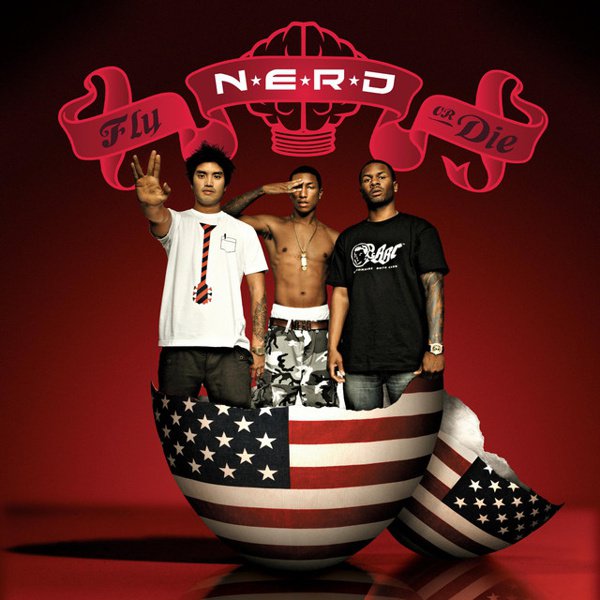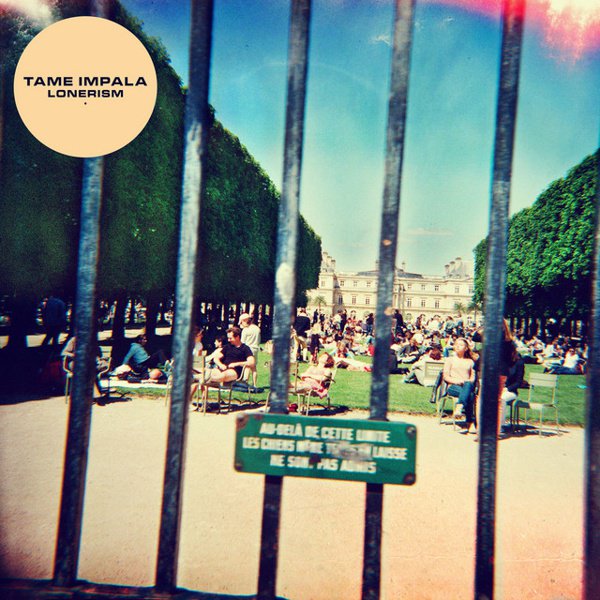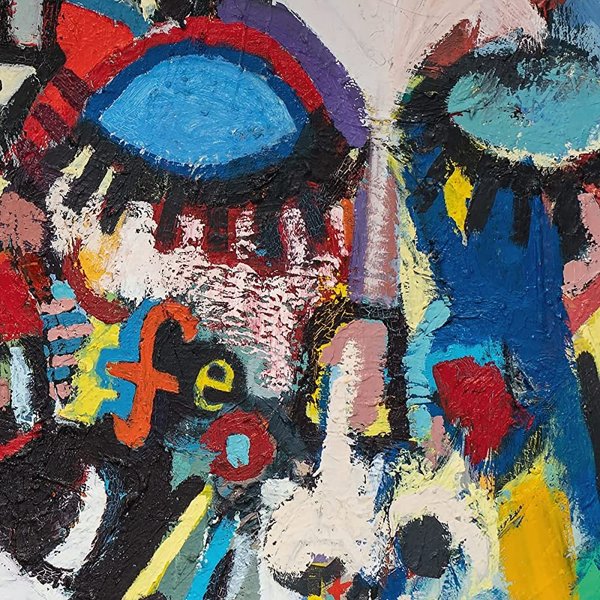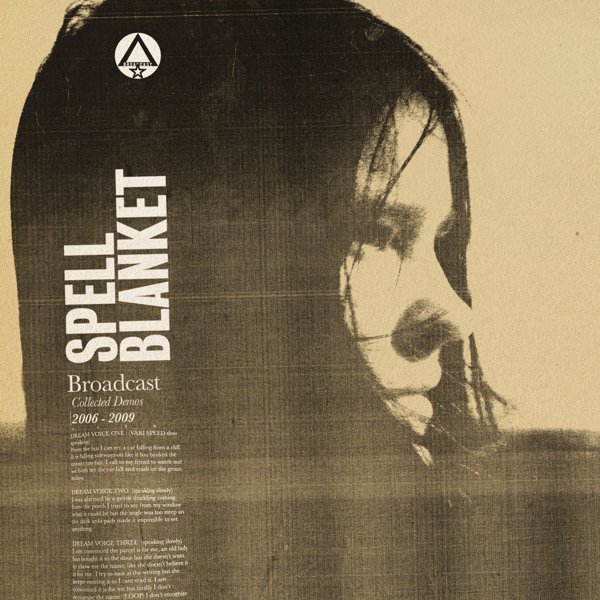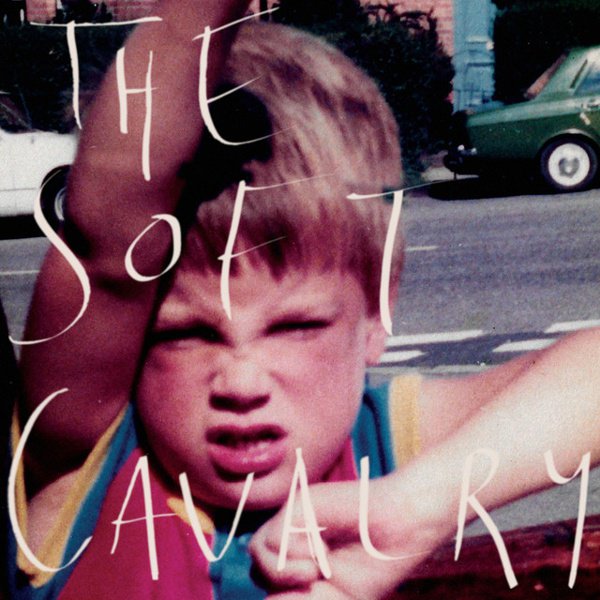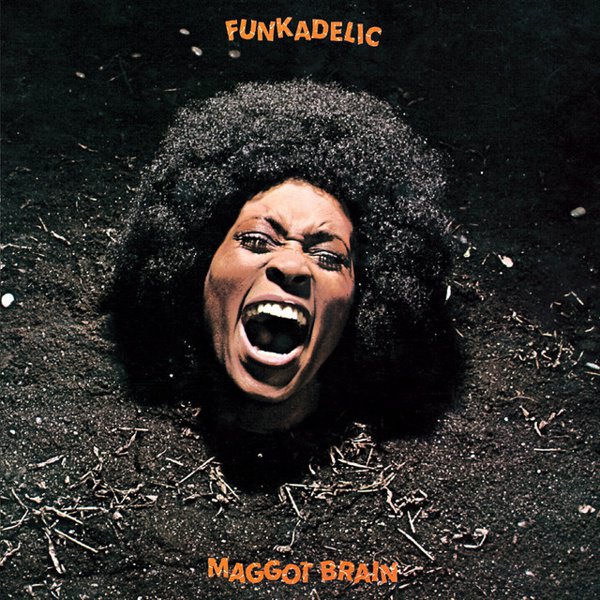
Recommended by
A La Sala
Nearly ten years after debut album The Universe Smiles Upon You introduced them to an audience wider than their Texas home base — but not yet as wide as the international scope of their mellow, airy-yet-nimble global funk — A LA SALA positions Khruangbin as a band well-known enough to precipitate a bit of a shift to a back-to-basics mode. The trick here is what “basic” even means. As a trio, they’ve relied so much on the interplay between Mark Speer’s alternately placidly gliding and piercing, scratching guitar lines, Laura Lee’s comfy-sweater bass, and DJ Johnson’s subdued-yet-fluid drumming that it’s hard to hear each component in isolation, especially when Lee’s often-wordless, always-ghostly voice wafts through as a haunting flourish. But A LA SALA is nothing if not spacious, and while their rhythmic warmth and melodic brightness aren’t necessarily pared back, there’s a lot of elbow room here — enough that, at its quieter moments, it almost feels as elegaic in its endless-horizon vista as any leading lights of slowcore or drone metal. Not that there aren’t some light-footed and vividly momentum-driven grooves here; the Miami-via-township disco of “Pon Pón,” the soukous-inflected “Hold Me Up (Thank You),” and the sun-faded daytime-noir breeziness of Latin-soul “A Love International” are all at the very least made to move to. But its vibe-over-songs jam-band atmosphere still lingers in the margins when it recedes into a contemplative floatiness. Opener “Fifteen Fifty-Three” is one of the most pared-back and minimalist pieces they’ve ever cut, Speer’s contemplative guitar wafting over the rhythm section like a wandering current, and as a tenor-setting piece it takes a risk by setting up a mood that feels reflectively downcast beneath its relaxed demeanor. And other down- to mid-tempo cuts like “Three from Two” and “Todavía Viva” have a sort of ephemeral warmth to them that seems more engineered to insinuate themselves than grab your immediate attention. Detractors might shrug at music like this as polite background noise for bourgie parties and wine bars, but in isolation — with nothing between you and the music — its meditative, diaphanous qualities are not just pleasurable but subtly haunting. If it all melts together in an impressionistic blur of their signature sound, one that isn’t quite as songful as their previous recent works and collaborations, at least it feels made to withstand repeated efforts to find something more substantial to grab onto.

